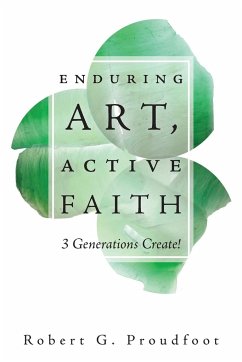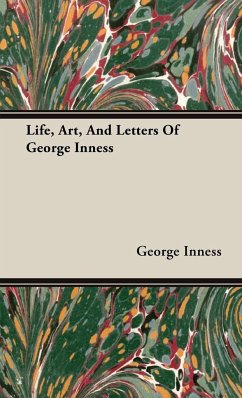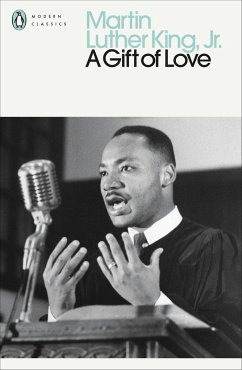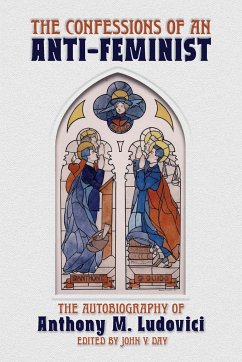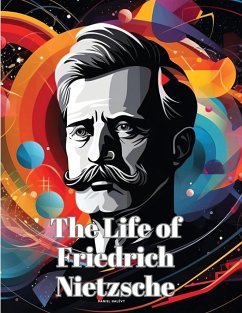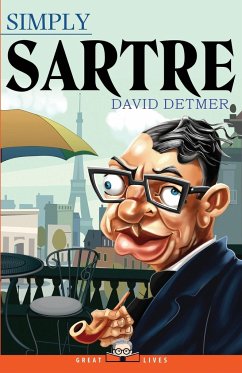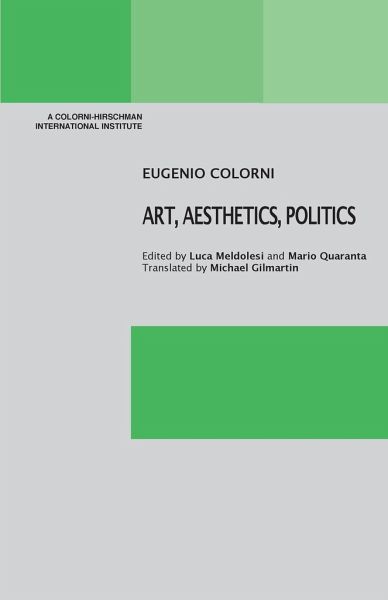
Art, Aesthetics, Politics
Versandkostenfrei!
Versandfertig in 1-2 Wochen
17,99 €
inkl. MwSt.

PAYBACK Punkte
9 °P sammeln!
Art, aesthetics, literary criticism, and political science are fields that are today scarcely recognized (though they were originally long pursued) among the truly extraordinary intellectual exploits of the great Italian philosopher and political activist Eugenio Colorni. The present volume intends, at least in part, to fill this gap. It reveals first and foremost the anti-fascist inspiration which from the beginning animated Colorni in the pages of the Genoese Gobettian young-people's review Pietre, especially in its second series edited by Lelio Basso. It presents three of Colorni's essays o...
Art, aesthetics, literary criticism, and political science are fields that are today scarcely recognized (though they were originally long pursued) among the truly extraordinary intellectual exploits of the great Italian philosopher and political activist Eugenio Colorni. The present volume intends, at least in part, to fill this gap. It reveals first and foremost the anti-fascist inspiration which from the beginning animated Colorni in the pages of the Genoese Gobettian young-people's review Pietre, especially in its second series edited by Lelio Basso. It presents three of Colorni's essays on aesthetics (two of them unpublished and rediscovered by Mario Quaranta), initially developed in the framework of the teachings of G.A. Borgese, which respectively concern the work of Roberto Ardig¿, Bergsonism, and Benedetto Croce (the latter in the definitive version - L'estetica di Benedetto Croce. Studio Critico - published as a monograph as early as 1932). It brings together many of the young Colorni's reviews of articles concerning these disciplines and others, such as law and philosophy. Through the courtesy of Signora Eva Hirschmann Monteforte, it also includes many of Colorni's opinions as an involuntary literary critic, taken from his correspondence with his wife Ursula Hirschmann during his imprisonment and confinement. Finally, the volume closes with two novellas that he wrote as an adult.




